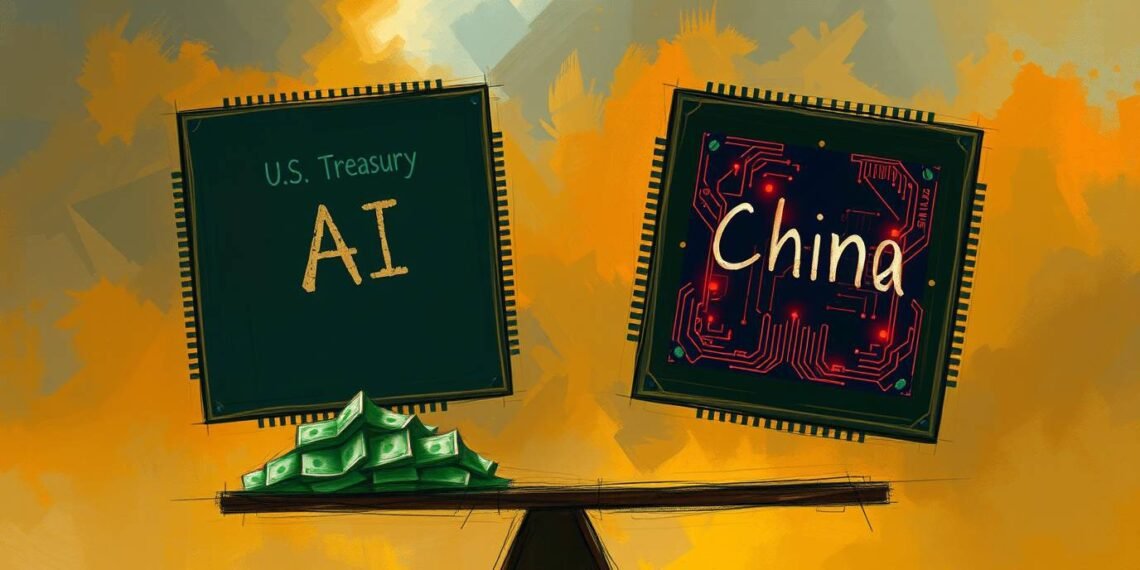Nvidia and Advanced Micro Devices, prominent U.S. chip makers, have agreed to remit 15 percent of their earnings from artificial intelligence chip sales in China to the U.S. This unusual deal has raised concerns among experts about its legality under constitutional provisions. Sources indicate that to secure export licenses for China, both companies must pay the U.S. government. Following a Financial Times report, Nvidia confirmed their arrangements, emphasizing adherence to U.S. rules for global participation. Amidst a complex political backdrop involving the halted export of the H20 chip due to security worries, President Trump previously indicated its ongoing appeal in China.
This agreement has drawn substantial criticism, as experts warn it could violate the Constitution’s prohibition on export taxes. Former White House economic advisor Peter Harrell highlighted fundamental issues with the 15% charge for advanced chip sales to China, while former export control official Christopher Padilla labeled it both “unprecedented and dangerous.” Law professor William Aceves noted that firms like Nvidia or AMD usually have the responsibility to contest such actions legally. An insider mentioned that the arrangement suggests companies could financially mitigate national security concerns, countering the government’s rationale for export regulations. Amid recent lobbying by Huang, the president authorized license issuances to support this agreement. As both the U.S. and China heavily rely on Nvidia’s AI chips for supercomputing, AMD has yet to comment on the situation.
The ainewsarticles.com article you just read is a brief synopsis; the original article can be found here: Read the Full Article…


